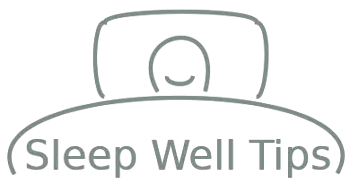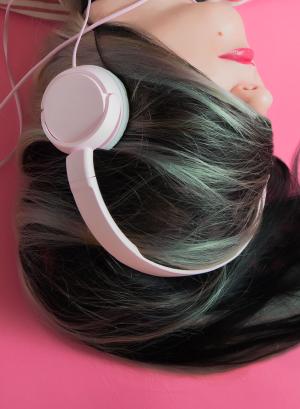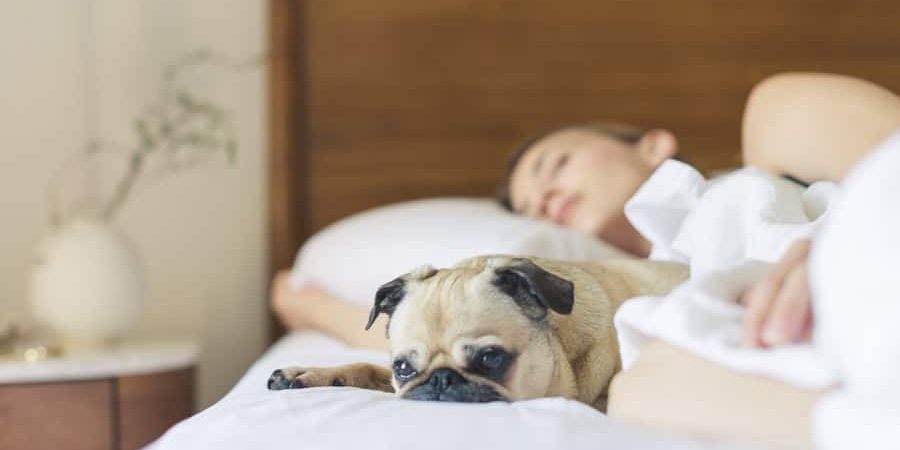
Medically Reviewed by
May 3, 2020
You surely would like to relax your mind and body to fall asleep as fast as possible, when you are going to go to bed. However, the problem is that we all have a different ability to fall asleep, and we all have an entirely different situation when we are going to sleep. That is why here we have listed different methods to fall asleep quickly:
You can relax your mind and body to sleep if you use some simple methods:
- Write Down Your Worries
- Breathe Right
- Keep Your Eyes Open
- Try This Mental Exercise
- “Listen” to Music in Your Head
- Relax Your Muscles
- Block Noises
- Cool it Down
- Eat a Little Bit Before Going to Bed
- Listen to Sounds That Help You Fall Asleep
The reason why you can’t fall asleep fast may be related to multiple causes. However, some good solutions may work in many different situations.
Try some of these tips:
1. Write Down Your Worries
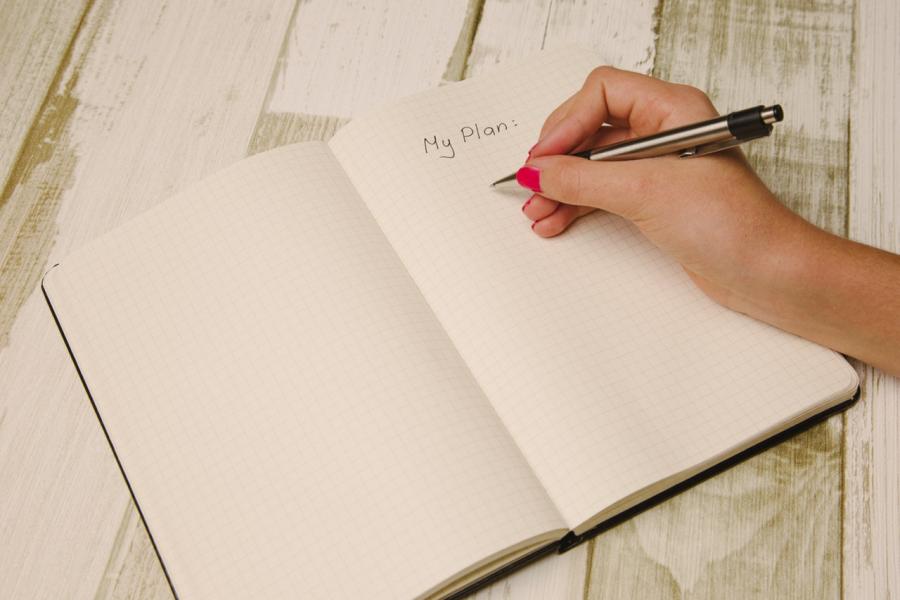
Simply, just before you are going to sleep:
- Write down things that you have to do in the upcoming days
- Limit the writing time to FIVE minutes
- Switch off the lights and then you…
- Fall asleep
Why should you do so?
There was a study where people, ages 18 to 30, were split into two groups. They got a five-minute task.
During the five minutes, people in the first group needed to write down things that they had done during the past few days.
People in the second group were asked to write down things that they should do in the upcoming days.
What was the conclusion of this study?
Those who wrote down things they would need to do in the upcoming days fell asleep much faster.
Why did that happen?
Surprisingly, thinking about the tasks you have to do and writing them down is relaxing. It is because when you have written down the actions that you need to do, you won’t need to think about them anymore.
It is because your mind can relax after making sure that your future tasks are safely written down on the paper, and they will surely get done in their due time. Now you don’t have to keep thinking about them anymore.
On the other hand, if you just write down things that have happened to you, you might just keep on thinking about them after you lie down on your bed. Not a good call.
So, to make sure that you can fall asleep faster, you should focus on what is coming. It will help you to set your mind into relaxing and falling asleep.
2. Breathe Right
The technique is called “4-7-8“. If you haven’t heard about it, don’t worry. It’s not a mathematics test. It is not a trick. It’s a simple breathing practice. So, how does it work?
The “4-7-8” means that you should do each of the steps for a certain amount of time – namely, for the number of seconds mentioned.
Like this:
“4” means that you should breathe in through your nose for FOUR seconds.
So, you just count slowly: one, two, three, four. (And breathe in simultaneously)
“7” means that you should hold your breath for seven seconds.
Again, just count: one, two, three, four, five, six, seven.
“8” means that you should breathe out very slowly through your mouth for eight seconds.
And you will count: one, two, three, four, five, six, seven, eight. And at the same time, you just breathe out slowly and peacefully through your mouth.
Ok, now you have completed all the steps. But what then?
Just repeat these three steps until you fall asleep.
Simple, isn’t it?
But does it really work?
You need to test it before you know if it works for you. Don’t give up if this technique doesn’t work the first time you try it.
I would suggest that you try to follow these steps every night, at least for one week. Then make notes every morning:
- Was the technique helpful for you last night?
- How long did you have to repeat these steps?
- Was it easy to relax during the exercise?
If you don’t find this technique any helpful during one week, it might be that this is not the best method for you.
However, even though you might want to try other methods, it might be a good idea to test this “4-7-8” technique from time to time, if you can’t find any other methods that work for you.
3. Keep Your Eyes Open
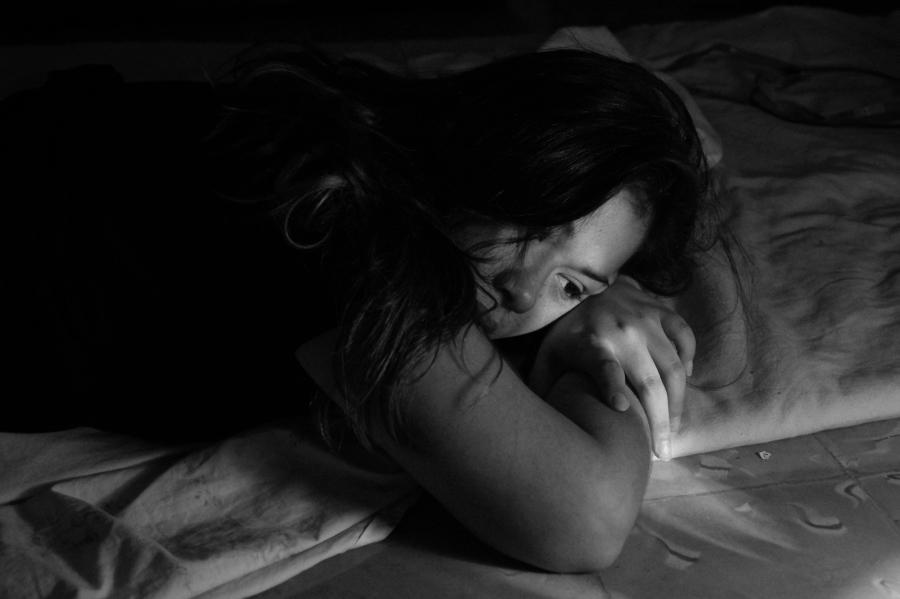
This tip is very very simple. This time you can just try to keep your eyes open until you fall asleep.
It’s kind of reverse psychology: You just need to try to keep your eyes open. Actually, you are probably going to feel the need to close your eyes very soon, but don’t do it!
Try to keep your eyes open, and then you will probably fall asleep before you can even notice it yourself.
However, you might find that there is some disturbing light in the room when you try to keep your eyes open, like a tinge of streetlights from outside, or a blinking red light of the fire alarm on your ceiling.
In that case, you should do some preparations before you try this tip next time. For example, try to use a sleeping mask (just test that it has room for you to keep your eyes open too!) or get better curtains to block out the light coming from outside.
Actually, there has been at least one study of this method.
A small study about it was conducted at the University of Glasgow. And the result of this study was that it actually seemed to help some people to fall asleep.
Even with this method, there is no guarantee that it will solve your sleeping problems. What works for some might not work for everyone.
Remember that often, the more you try to force yourself to sleep, the more likely you will fail. That is why you should try many different techniques to improve your sleep.
4. Try This Mental Exercise
Trying to avoid thinking about things that worry you and focusing on relaxing thoughts may help you to fall asleep fast. It doesn’t have to be too complicated.
You may decide to think about any favorite objects – just simple objects, like fruits or trees or clouds. Then just think about them in a focused way. You can also, for example, choose a specific letter or number or maybe some words.
If you can easily imagine pictures, you may build the image further. You might add different objects to the image, continue to think of these objects as a combination and make your imaginary world where you can go to see your dreams.
5. “Listen” to Music in Your Head
If you like music, you can probably remember many song lyrics easily. Repeating these (positive) lyrics in your mind may help you to fall asleep fast, especially if thinking about these lyrics makes you feel pleasant and peaceful. (So, choose the song wisely!)
If you don’t like music with lyrics, you can play the melodies of your favorite music in your head. You can try to remember the instruments you can hear on that specific track.
6. Relax Your Muscles
To relax your whole body, you should do a relaxation exercise, muscle group by muscle group. Do the following muscle exercises, tensing and relaxing each muscle group one by one.
You might start from your toes and keep them flexed for 10 seconds, then release and relax for 10 seconds. Repeat this a few times until you notice the muscle group is getting more relaxed.
At the same time, breathe in deep and slowly through your nose, and release the air slowly through your mouth.
Flex and release all the different muscle groups: calves, thighs, torso, neck.
Continue until you fall asleep.
7. Block Noises
Unwanted noises might have a negative impact on your ability to fall asleep or stay asleep, as well as on your sleep quality.
If you have to sleep in a noisy environment, you should take some action to block unwanted noises.
The most common advice would be to use earplugs. However, it is not for everybody. Some of us don’t feel comfortable wearing earplugs at all. For some, it is just impossible to keep the earplugs in the ears for the whole night.
You can also listen to some peaceful sounds. You could listen to your favorite music or some relaxing sounds, if possible, with your headset, which can make you relax and fall asleep quickly.
Of course, if you can’t use these options, you should identify the source of the disturbing noises, and then fix the problem if possible!
For example, I did some research related to how to make excellent soundproofing for your bedroom and how much it costs. You will find practical solutions for different in different price categories.
8. Cool it Down
If possible, you should keep the temperature between 60 to 67 °F (15 to 19 °C) in your bedroom.
If you sleep in a room that is too warm, it might make falling asleep and staying asleep difficult.
Decrease the room temperature immediately, if you can. If that is not possible for you, you may try other methods to keep cool.
A couple of tips to make you feel cooler quickly:
- Put the bed sheets in the freezer for 5 to 10 minutes before bed. It would be good to place them, for example, in a plastic bag, so that any food smells won’t stick to them.
- You may also damp the sheet, or even a big towel, in cold water. You can use it as a blanket. It would be good to place a dry cloth under the wet sheet so that the mattress won’t get wet.
9. Eat a Little Bit Before Going to Bed
Eating just a small snack before you want to go to sleep might also help you to relax and fall asleep fast. If you feel hungry when you try to sleep, it might keep you awake and anxious.
But it is good to remember not to overeat because it might cause heartburn, making it hard to fall asleep!
Food that is rich in protein and complex carbohydrates is a good choice if you are starving at bedtime. But it would be better to avoid sweets and any caffeine before bed.
You might eat, for example, an avocado, a banana, cheese, peanuts, or some whole-grain crackers.
10. Listen to Sounds That Help You Fall Asleep
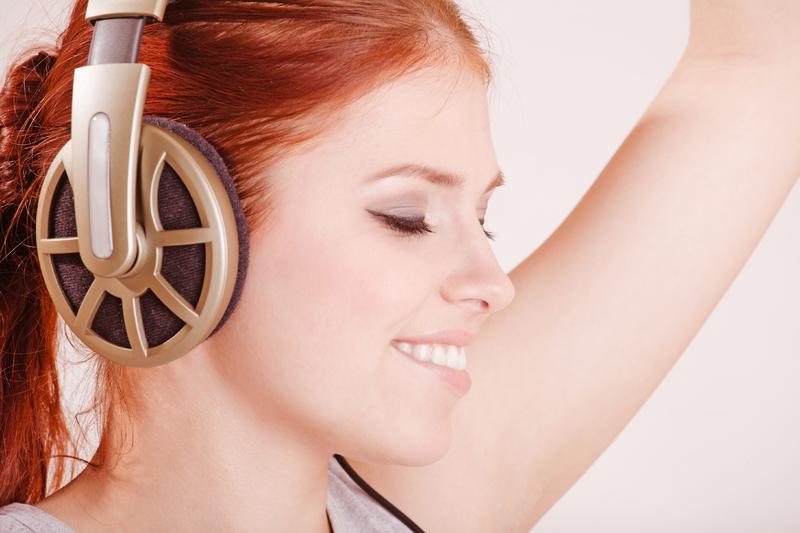
One more excellent tip to try is an old one: listening to relaxing audio or music recordings. I did hours of research, and I found tons of different kinds of sounds that may help fall asleep. You have to see this list of sounds and find out if there are some sounds that work in your case.
There are lots of different kinds of audio recordings that can help you to fall asleep. So, think about it first: what kind of sounds you think would work best for you?
Relaxing sounds of nature work well for many people, and there might be a logical reason for that. The sounds of the city make many of us feel stressed daily, whereas feeling like you are sleeping in the middle of nature is very relaxing.
I feel uncomfortable wearing headphones in bed, but it might not be practical to use loudspeakers. But no problem: I did a lot of research, and guess what I found! There is a functional pillow that you can use to listen to your favorite audio to fall asleep. It might help you to fall asleep, even much better than you can imagine!
But What if I Still Can’t Fall Asleep?
If you notice that you can’t fall asleep in 15 minutes by using any of the methods mentioned above, don’t stay in bed!
Get out of bed!
Get up and do anything that would be relaxing for you. Do some light activities.
Read something, draw something, listen to something relaxing.
BUT
Don’t open the TV!
Don’t use your smartphone!
But why? Because of the blue light. That is one issue that might make things much worse.
What Is the “Blue Light”?
Did you know that light from smartphones and TV is not like natural light, but rather a short-wavelength “blue light”? It means that the light from your device actually disturbs your sleep more than the natural light does. Blue light affects the sleep-inducing hormone melatonin levels much more than other wavelengths.
If you HAVE to use your smartphone during the night time (sometimes I do), then at least use a proper screen dimmer. I did a lot of research and I found a good screen dimmer that works well, and it blocks the blue light correctly from your screen.
Source: health.harvard.edu
Just try to keep in mind that you don’t need to worry about anything. Try to relax and don’t force yourself to fall asleep.
There is one additional tip that might help you:
You should lie on your bed only when you are really going to sleep.
It might be tough to get out of the bed when you can’t sleep, but it might be a much-needed step.
If your bed becomes a place for anything else than sleeping, it will make falling asleep more difficult. If the bed is a place for worrying, working and watching TV, your brain probably won’t link the action of going to bed with falling asleep.
So, it is vital to separate the place for sleeping from the place of working or other activities.
If you face any sleeping problems, it is essential to leave the bed when you can’t fall asleep.
How about if you wake up the middle of the night and can’t fall back to sleep again?
You need to do the same thing:
If you can’t fall asleep again in a short time, then leave the bed.
Get up and do something relaxing. Come back to bed when you feel tired. But if you don’t fall asleep in 15 minutes, get out of your bed again. Repeat until you fall asleep.
I just can’t fall asleep fast!
DON’T WORRY.
Sometimes it might be tough to fall asleep. There are dozens of reasons why we can’t fall asleep. But again, don’t worry. That would be the worst thing that you can do in that situation.
If you can find the reason for your sleeping problems, that’s great! But, if you feel that you can’t do anything about these problems, then you should just try to relax, not worry about it too much and look for other solutions. If the problem persists, it would be best to consult a professional, such as your doctor.
In the end, there is a solution to your sleeping problems, and you can find it.
Sources:
- Scullin MK, Krueger ML, Ballard HK, Pruett N, Bliwise DL. The effects of bedtime writing on difficulty falling asleep: A polysomnographic study comparing to-do lists and completed activity lists. Journal of Experimental Psychology: General. 2018;147(1):139-146.
- Weil A. The 4-7-8 Breath | Health Benefits & Demonstration | Andrew Weil, M.D. DrWeil.com. https://www.drweil.com/videos-features/videos/the-4-7-8-breath-health-benefits-demonstration/. Published 2020. Accessed May 3, 2020.
- Broomfield NM, Espie CA. Initial Insomnia And Paradoxical Intention: An Experimental Investigation Of Putative Mechanisms Using Subjective And Actigraphic Measurement Of Sleep. Behavioural and Cognitive Psychotherapy. 2003;31(3):313-324. doi:10.1017/S1352465803003060
- Ambardekar, MD N. Progressive Muscle Relaxation for Stress and Insomnia. WebMD. https://www.webmd.com/sleep-disorders/muscle-relaxation-for-stress-insomnia. Published 2020. Accessed May 3, 2020.
- Cushner K. What’s the Best Temperature for Sleeping? | Tuck Sleep. Tuck Sleep. https://www.tuck.com/best-temperature-for-sleep/. Published 2020. Accessed May 3, 2020.
- Libov C. How Bedtime Snacks Can Help You Sleep. WebMD. https://www.webmd.com/sleep-disorders/features/trouble-sleeping-some-bedtime-snacks-can-help-you-sleep#1. Published 2020. Accessed May 3, 2020.
- Publishing H. Blue light has a dark side – Harvard Health. Harvard Health. https://www.health.harvard.edu/staying-healthy/blue-light-has-a-dark-side. Published 2020. Accessed May 3, 2020.
- Sullivan D. 24 Tricks to Survive Hot Summer Nights (Without AC). Greatist. https://greatist.com/happiness/tricks-to-sleep-in-the-heat. Published 2020. Accessed May 3, 2020.
- Dimitriu, MD A. How to Fall Asleep. wikiHow. https://www.wikihow.com/Fall-Asleep. Published 2020. Accessed May 3, 2020.
